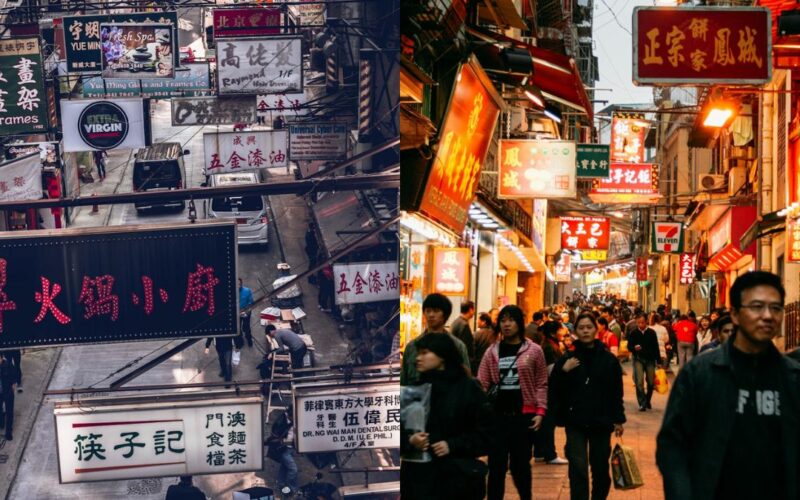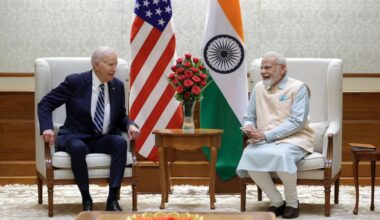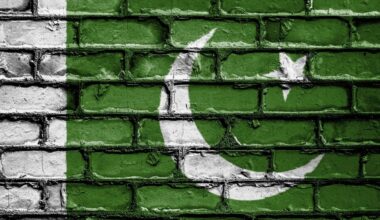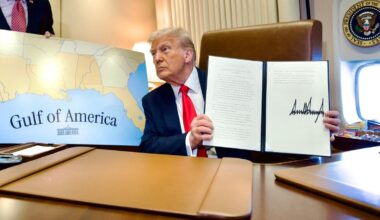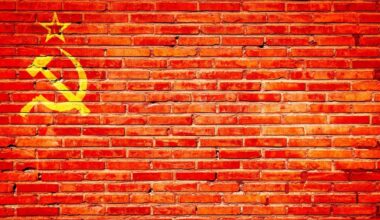When the United Kingdom handed Hong Kong over to China in 1997 and when Macau followed suit in 1999, I, like many others, was left questioning whether it was the right move. At the time, the “one country, two systems” arrangement seemed to promise the preservation of autonomy for both regions under Chinese sovereignty. But looking back, it’s hard to ignore the negative consequences that have unfolded since those handovers.
Many believed that the arrangement would allow both Hong Kong and Macau to maintain their unique political and economic systems. But the reality has been quite different. In this article, I want to reflect on why handing these territories over to China. Especially given the political climate and global context, was, in my view, a bad move.
A History of Autonomy
Under British rule, Hong Kong had developed into a thriving, autonomous, and internationally connected city. It had its own legal and political systems, thriving industries, and a distinct cultural identity. Similarly, Macau, under Portuguese control, was able to retain its unique status as a Special Administrative Region, with autonomy in governance and commerce.
The agreement made during the handovers, known as “one country, two systems,” was meant to preserve the political, social, and economic systems of these territories while recognizing Chinese sovereignty. But from the start, there were cracks in the foundation of this agreement that were hard to ignore.
The Erosion of Political Freedoms
For me, one of the most troubling outcomes of the handovers has been the steady erosion of political freedoms, particularly in Hong Kong. In the decades following the handover, we saw the gradual disappearance of the political freedoms that once defined the region. Over time, Beijing’s influence has become increasingly evident, particularly with the imposition of laws that infringe upon Hong Kong’s autonomy.
The National Security Law, passed in 2020, is a prime example. It criminalizes any act of subversion or secession. That essentially gives China the power to imprison anyone who opposes its government, undermining the principle of “one country, two systems.” This move has led to widespread protests, the arrest of pro-democracy figures, and the stifling of free speech in Hong Kong. It is something that was unimaginable under British rule.
Looking back, I see this as a fundamental mistake. Hong Kong was a unique place where freedom of expression, political debate, and a functioning democracy were not just dreams but realities. The slow encroachment on these freedoms, under China’s increasing control, has only worsened over the years.
Economic Consequences: Hong Kong’s Global Position
From an economic standpoint, Hong Kong was once one of the world’s leading financial hubs. Under British rule, it developed into an international trading center with a robust banking system, open markets, and access to global capital. The promises made during the handover about maintaining this economic vitality have also been increasingly undercut by China’s growing influence.
While Macau’s economy, largely dependent on tourism and casinos, has fared better in comparison, Hong Kong’s economy has taken a hit due to political instability, the diminishing of its autonomy, and its growing isolation from the global stage. The financial sector has suffered as international investors grow wary of the region’s future under Chinese rule. In the years following the handover, Hong Kong has seen a steady decline in its position as Asia’s premier financial hub, with many companies choosing to relocate to other cities where political and economic stability is more predictable.
The Human Impact: The Struggle for Identity
Perhaps the most significant impact of these handovers has been the cultural and social implications for the people living in these regions. Hong Kong had, for years, been a beacon of freedom, offering its citizens a sense of security and identity separate from China. The Chinese government’s increasing encroachment has sparked a deep sense of loss, particularly among the younger generations who were raised in a more liberal environment.
Protests in Hong Kong, such as the 2019 demonstrations, are a powerful reminder of how the handover sparked a growing resentment among locals about Beijing’s control. Young people in Hong Kong, many of whom identified more with their international city than with mainland China, found their rights increasingly restricted, and their voices drowned out by the Chinese government’s crackdown on dissent.
The fear of losing cultural identity, personal freedoms, and a sense of belonging is palpable in both Hong Kong and Macau, and it’s only been exacerbated by China’s influence. The very essence of what made these regions unique is slowly being erased.
The Global Implications
The handover of Hong Kong and Macau to China didn’t just affect those living in these regions, it has had far-reaching consequences on global relations as well. Many countries, particularly Western democracies, have expressed concern about China’s encroachment on the freedoms of these regions, and these concerns have had an impact on diplomatic and economic ties.
For me, one of the most concerning aspects of the handovers was the effect they had on global trust in China’s promises. The international community had hoped that the Chinese government would honor its agreements, but the reality has been a steady dismantling of the protections that were supposed to be in place. This has made it more difficult to trust China in other international negotiations, particularly on human rights and trade agreements.
Looking Back: A Missed Opportunity
In hindsight, I believe the handovers of Hong Kong and Macau were ultimately a missed opportunity. Both regions were thriving examples of economic prosperity, political freedom, and cultural identity that could have continued to serve as a bridge between East and West. By handing them over to China, there was a lost chance to preserve these thriving, unique societies.
Instead, the handovers marked the beginning of a slow, steady decline in the regions’ autonomy, with Beijing’s influence growing ever stronger. While the Chinese government may have honored some aspects of the “one country, two systems” arrangement at first, it’s become increasingly clear that these promises were not meant to last.
Ultimately, I believe the decision to hand Hong Kong and Macau over to China was a mistake, one that has had lasting consequences for both the people living there and the international community. The consequences are still unfolding, and the hope for true autonomy and freedom in these regions seems more distant with each passing year.
